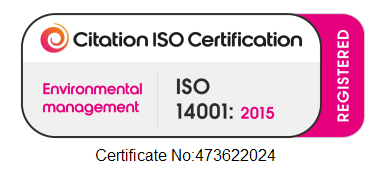Does organic cotton come from Xinjiang?
Eco Promotional Product Organic Cotton

Whilst cotton is natural fibre which will biodegrade, it tends to have something of bad press on the environmental front. This is not because of the fibre itself but rather the methods of farming and production which involves large quantities of water and fungicides and other chemicals. Organic cotton is the only workable practice which eliminates highly toxic substances from the environment and works long term for the benefit of the planet.
Organic production systems replenish and maintain soil fertility, reduce the use of toxic and persistent pesticides and build biologically diverse agriculture. In order to ensure the cotton product is really organic from field to finished product you need to look out for the relevant accreditation, such as Global Organic Textile Standard (GOTS) symbol as well as the OEKO-Tex symbol.( https://www.oeko-tex.com/en/ )
So what’s wrong with Xinjiang?
Cotton has been the news recently for another reason with an international backlash over claims of abuses in the cotton-growing Xinjiang region. Several major brands have expressed concern over allegations that members of the mostly Muslim Uighur minority group are being used as forced labour.
As the BBC reported ‘Human rights groups believe China has detained more than a million Uighurs over the past few years in what the state defines as "re-education camps".
There is evidence of Uighurs being used as forced labour and of women being forcibly sterilised.
The US is among several countries to have accused China of committing genocide and crimes against humanity through its repression of the Uighurs.
China denies such allegations, saying it has been combatting separatism and Islamist militancy in the region’ - https://www.bbc.co.uk/news/world-asia-china-22278037
The problem of course for any brand is the backlash that would come from any association with Xinjiang province and the possibility that by endorsing the cotton from this province they would be seen to be supporting a significant breach in human rights. But it’s not just the appearances – Pavilion and many other companies simply do not wish for their money to be flowing to a region and regime which is involved in what western governments have declared to be genocide.
So does organic cotton come from Xinjiang?
Organic cotton output from the troubled Chinese province of Xinjiang increased by 6.9 per cent according to new figures for the 2018/19 harvest year from Textile Exchange ( https://textileexchange.org/ ) . The latest organic report from the US consultants shows that Xinjiang has now increased its share of China’s organic cotton production to 98.5 per cent based on the latest available data. This means that around one sixth of all global organic cotton was produced in Xinjiang.
The Textile Exchange states it “is concerned about the disturbing reports of forced labour in the Xinjiang region of China, where most of China’s organic cotton is grown, as well as reports of forced and child labour in other parts of the world that have occurred over the past several years.
Share this blog:





